Camel milk has been treasured by various civilizations for thousands of years. In Middle Eastern areas where food and water are scarce, camel milk offers valuable nutrition for humans. These animals are unique compared to other dairy sources because of their ability to travel long distances in harsh conditions with little water. With many similarities to human breast milk, camel milk offers many health benefits and deserves a place in your diet.
A Nutrient Dense Food
Camel milk is more nutrient dense than cow milk. It has more calcium, iron, zinc, potassium, copper, magnesium, vitamin a and b vitamins than cows milk. There is 3 times the amount of vitamin C in camel milk than there is in cow milk. No wonder camel milk has recently been touted as a superfood!
Non-allergenic
Camel milk is typically well tolerated by those with dairy allergies due to the fact that it has has different protein composition than cow milk. In contrast with cow’s milk, camel milk does not contain A1 beta casein or lactoglobulin. Beta casein is a protein in cow’s milk that can illicit an inflammatory immune response and can create a variety of symptoms including digestive upset, skin irritation, and brain related symptoms. Furthermore, there is no lactose in camel milk, making it ideal for those who are lactose intolerant. Research shows that important immunoglobulins in camel milk can even help children overcome their allergies.
Immune Support & Autoimmunity
One particularly unique characteristic of the immunoglobulins found in camel milk is that they are much smaller than human immunoglobulins. These nano immunoglobulins are easily passed into tissues to initiate an immune response. Additionally, camel milk also contains the enzymes lysozyme and lactoperoxidase which help the body to fight infection.
In regards to autoimmunity, autoimmune conditions occur when the immune system mistakenly attacks the body’s own tissue thinking it is a foreign invader or antigen. Camel milk helps combat autoimmunity by offering these small immunoglobulins that are effortlessly utilized by the body. Camel milk also has the ability to balance T helper cell (TH-1 and TH-2) output in the thymus gland, which helps to regulate the immune response.
Anti-inflammatory & Antioxidant Properties
Lactoferrin is a health-promoting iron-binding protein found in camels milk that has antimicrobial and antioxidant properties. It is found in concentrations 100 times higher than milk from other animals. Lactoferrin can help fight off harmful microbes including bacteria, fungi, and parasites. It has also been shown to have anti-cancer properties.
Blood Sugar
There are research studies that show camel milk is beneficial for those with diabetes and blood sugar regulation issues because it should not raise blood glucose levels. This is due to phospholipid encapsulated insulin found within camel milk. Many report an improvement in blood sugar regulation over time with regular consumption of camel milk. In fact, camel milk has even been shown to reduce insulin doses for patients with diabetes.
Autism
There is strong anecdotal evidence that camel milk can be beneficial to those on the autism spectrum. Many people have experienced reduced autism spectrum symptoms and even full reversal when supplementing with camel milk. It is thought that the potent antioxidant factors in camel milk help decrease oxidative stress in these individuals and therefore symptoms improve. Certain inflammatory proteins found in cows milk (beta-casein and beta-lactoglobulin) can aggravate autism spectrum symptoms but these are not present in camel milk. Additionally, since there is an immune component to autism, the immune-modulating properties of camel milk can be supportive for these individuals.
Sahara Dairy Company
We came across Sahara Dairy Company when sourcing camel milk for our family. The camel milk comes from pasture raised camels with no additives, preservatives, antibiotics, or added hormones. They gently freeze dry their milk to ensure all of the valuable nutrient properties remain intact. It is also so convenient that the camel milk is shelf stable.
I (Dr. Ash) love pulling the bag out of the cabinet to add a few scoops of the freeze dried milk to smoothies and recipes. On a personal note, cows milk, even raw from grass-fed A2 animals, triggers an inflammatory response in many of our family members. Thankfully, our family has not experienced any side effects (skin outbreaks, dark undereye circles, behavioral issues) from camel milk.
I highly encourage you to check out Sahara Dairy Company. Their generous owner even has offered our readers a free sample of their camel milk! Simply email them saying you were referred by "Dr. Ashley Turner”.



